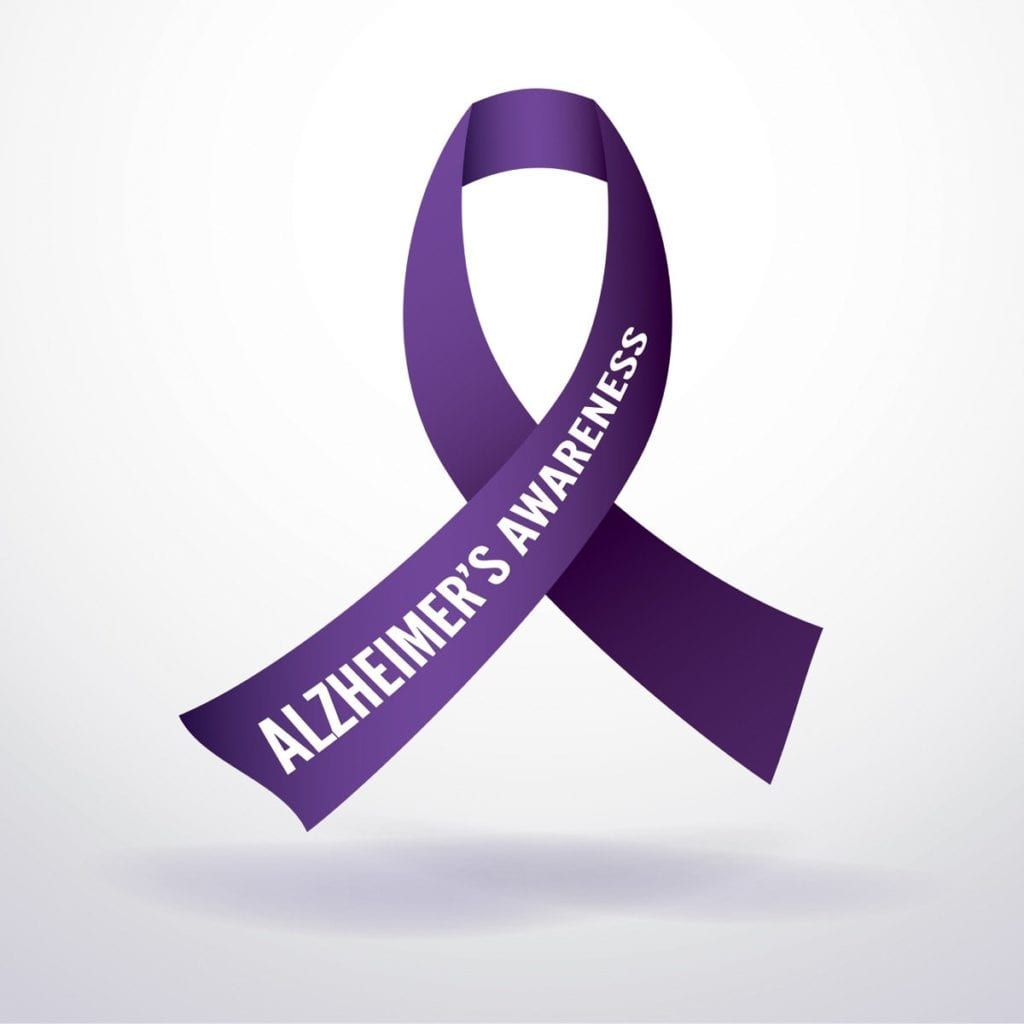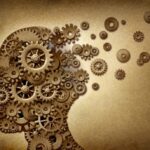What is Alzheimer’s Disease you ask?
Surely you’ve heard the term. And you probably have an idea that it has something to do with memory loss. But you’re not 100% sure and would like to know more.
Well, if that sounds like you, you’re in the right place. This article will give you a brief, basic overview (in plain English) of what Alzheimer’s is, what it’s not, treatments, symptoms, risk factors and more. Sound good? Okay, then read on!
What Is Alzheimer’s?
Alzheimer’s disease is a type of dementia. It’s progressive (which means it slowly gets worse over time). And it affects a person’s memory, thinking and behavior.
Eventually it will affect a person’s ability to do they day to day things they need to do to take care of themselves and their families.
Alzheimer’s vs Dementia
It’s not uncommon for the terms “Alzheimer’s” and “dementia” to be used interchangeably. And for good reason. They are related, but not the same. Alzheimer’s disease is a form of dementia.
See, dementia is an umbrella term for mental conditions that cause memory loss related symptoms like confusion and forgetfulness.
Alzheimer’s is by far the most common type of dementia. In fact, it’s estimated between 60% and 80% of those with dementia have Alzheimer’s
Alzheimer’s is typically diagnosed around the age of 65 or later. If diagnosed earlier than that, it’s referred to as early onset Alzheimer’s. That condition affects approximately 200,000 Americans.
Cures, Treatments and Research
Unfortunately, there is no known cure for Alzheimer’s, or any type of dementia… yet.
The good news is that some therapeutic regimens and treatments can help slow down the advancement of Alzheimer’s disease. The trick, however, is being able to diagnose the disease correctly and at an early stage.
Older adults with Alzheimer’s often experience changes in behavior, mood, and memory, with the symptoms getting worse slowly over time. As more research is conducted and researchers shed more light on the disease, doctors and caregivers are better able to recognize symptoms of early-stage, middle-stage, and late-stage Alzheimer’s.
This also helps them recommend the best course of action.
Once the stage of Alzheimer’s is established, it becomes easier for caregivers and families to better deal with the disease. They can know what to expect in terms of progression and available treatment options for the symptoms.
Risk Factors of Alzheimer’s
Researchers still do not know what causes Alzheimer’s. However, they have figured out a few risk factors. These include:
Family History: if any of your parents, grandparents or siblings have Alzheimer’s, there’s an increase chance you’ll develop it too.
Age: Stats have shown that those 65 and older are at a higher risk of developing Alzheimer’s.
Genetics: Researchers have determined that certain genes are responsible for the disease.
Please note that if you or your loved one has one or more of these risk factors, it doesn’t imply that you will automatically have Alzheimer’s. It just means your risk level of developing it is high. You can read our article “Scared it Could Happen To You? Is Alzheimer’s Hereditary?” for more details.
Symptoms of Alzheimer’s Disease
Perhaps the most typical early sign of Alzheimer’s is experiencing episodes of forgetfulness and confusion. As our brains age, even the best of us have difficulty remembering certain things or experience slowed thinking.
However, those with Alzheimer’s display ongoing changes in behavior, mood, and intellect that worsen over time.
These changes include:
- Having difficulty with otherwise familiar tasks (like running the dishwasher)
- Memory loss negatively affecting your loved one’s daily living
- Issues with problem-solving
- Getting confused or disoriented about spaces and time
- Trouble with writing and speech
- Changes in personality and mood
- Reduced judgment
- Withdrawal from family, friends, and society
People with dementia and other symptoms of Alzheimer’s might not recognize that they have a problem. More often than not, these symptoms are more apparent to family, friends, and colleagues.
If your loved one has shown signs of dementia or Alzheimer’s, get in touch with their doctor as soon as possible. The sooner you can get them help, the better.




